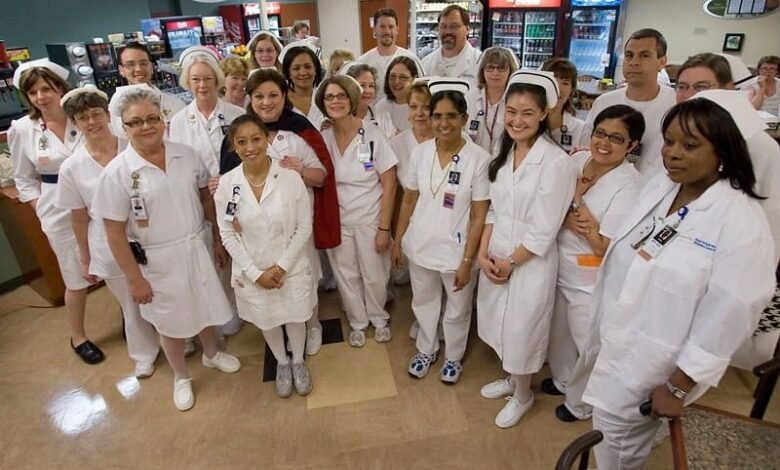Heart disease threatens women working the night shift

Women who work night shifts are at risk for increased mortality from cardiovascular diseases.
This is reported in the results of a study published in the American Journal of Preventive Medicine in January.
Working at night is also associated with an increased risk of dying from lung cancer, scientists believe.
An international team of researchers reviewed data from 74,862 registered nurses in a survey of their health status.
Mortality among those who worked the night shift between 6 and 14 years was increased by 11%, regardless of disease.
The same result was obtained for women who had worked in shifts for 15 years or more.
Mortality due to cardiovascular diseases in the two groups of nurses examined was 19% and 23% higher, respectively.
Scientists found no link between shift work and mortality from cancers, except for lung cancer in those who worked shift work for an extended period of time aged 15 or older (25% higher risk).
These results add to previously known evidence of the potentially harmful impact of night shifts on health and longevity. Sleep and the circadian system play an important role in cardiovascular activity, influencing health and the body’s ability to protect against tumors.
There is also real biological evidence that night work stimulates the development of cancer and cardiovascular disease, and contributes to higher mortality.
The Nurses’ Health Study was conducted at Brigham and Women’s Hospital, Boston. It began in 1976 with 121,700 American nurses aged 30-55 who had to answer questionnaires.
Information on night shifts was collected in 1988, at which time 85,197 nurses answered the questions.
After excluding women who had pre-existing cardiovascular disease or a type of cancer other than non-melanoma skin cancer, 74,862 women were enrolled in this analysis.
Shift work is one where people are on duty at least three nights a week, in addition to the day or evening shift.
The study “is one of the largest prospective cohort studies worldwide with a high proportion of night shift workers and a long follow-up,” said Dr. Eva S. Schernhammer, an associate professor at Harvard Medical School and an associate epidemiologist at the Department of Medicine at Brigham and Women’s Hospital, Boston.
“It appears that the nursing profession and shift work are very strongly related to increased risk of dying from lung cancer or cardiovascular disease”.
Comparing the results with previous studies, Eva S. Schernhammer, Ph.D., said: “These results confirmed the already known evidence of the negative impact of night shifts on health and longevity strong>.
To draw practical implications for shift workers and their health, we will examine the duration and intensity of workload during night shifts, as well as the interaction of shift schedules with individual characteristics of participants in the study.”



